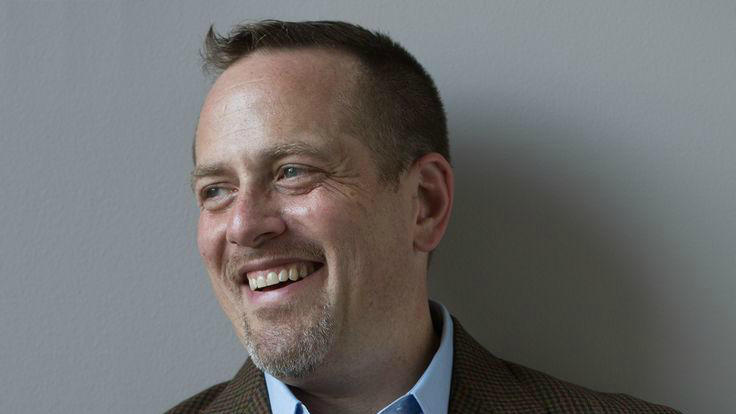You change every day, so your sense of success does too, says speaker and positive psychologist Daniel Lerner. Lerner, author of U Thrive—a guide to prospering through the college years and beyond—teaches audiences of all ages to find success (and the more elusive measure: meaning) in daily work and life, whether you’re a lawyer, doctor, executive, or artist.
Lerner is a frequent consultant for companies like Deutsche Bank, Oppenheimer Funds, UBS Switzerland, and Jet.com, where he works with high-performing employees who are looking to make the most of their work day. What Lerner offers in his talks is a more holistic approach to optimizing your time on the clock. Fulfillment comes in many forms, at all hours. Define your parameters, says Lerner, know your strengths, skills, and needs at work. Then, zero in on your dreams—whatever they may be.

